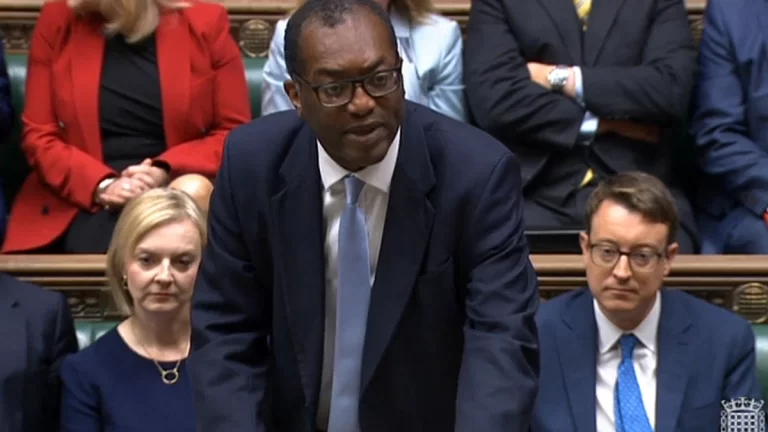Chancellor Kwasi Kwarteng’s current mini-budget has reinforced the Conservatives’ low-tax approach. He announced a slew of measures aimed at bolstering the country’s economy in the face of the present inflationary climate. As with significant tax and expenditure increases, there were both proponents and detractors. The highest 45% income tax rate was reduced, while the February National Insurance increase was overturned, giving “more money in people’s pockets.” This is being promoted to keep the housing market active while the country is experiencing economic turmoil.
Kwasi Kwarteng, the new Chancellor, has guaranteed a stamp duty drop, with no tax to be paid on properties worth up to £250,000. The policy was revealed in Kwarteng’s mini-budget, about a year after the previous stamp fee vacation expired. He also raised the first-time buyer barrier to £425,000. The government would cut the tax you pay when buying property or land in England and Northern Ireland from September 23. The cut in the stamp duty is intended to allow more people to move homes and provide first-time buyers with a better chance to get on the property market. So if you are buying a property, you should benefit from the tax break as it becomes effective. Contact professional Harrow Estate Agents to look for the property to buy.
New Stamp Duty Rates:
The following are the new rates released:
- 0% on property valued between £0 and £250,000 (up to £425,000 for first-time buyers).
- 5% on property valued between £250,000 and £925,000.
- 10% on property valued between £925,000 and £1,500,000.
- 12% on property valued over £1,500,000.
Stamp duty is also reduced for first-time purchasers on houses worth up to £625,000, an increase from the previous £500,000.
For example, if you were a first-time buyer wanting to buy a freehold residential home for £500,000, you would pay an extra £10,000 on top of the purchase price for Stamp Duty Land Tax. However, if it is not your first house, and you are purchasing it as an additional home, you must pay an additional £30,000. This is done to prevent purchasers from owning numerous houses and to ensure that as many UK citizens as feasible own their own homes.
What does this mean for first-time buyers?
The Chancellor’s announcement is encouraging for first-time buyers. Because of the government’s changes to stamp duty, more people will be able to buy property. It’s beneficial now when interest rates are pushing up borrowing expenses. The administration also reaffirmed its commitment to homeownership today. We all agree that it is critical: homeownership should not be limited to the rich, but should be available to everyone. This tax cut is a start in the right direction.
This also implies that anyone who postponed their transfer earlier this week due to speculation can now resume and finish it. The government has followed our previous research, which found that over a third more first-time buyers are required to pay stamp duty than five years ago. One of every four first-time purchases is subject to stamp duty.
The theory’s underlying thinking
The government aims to assist the country’s economic development with these tax cuts and adjustments. Property market activity is one of the primary drivers of this in the UK. This will catalyse the economy by keeping the industry running and attracting purchasers.
What can this do to the property market?
This SDLT reduction is thought to have improved average UK property prices and interest in relocating. According to the Office for National Statistics (ONS), the annual inflation rate in the United Kingdom is now greater than it has been since May 2003. While the new Stamp Duty adjustment will make acquiring a home more affordable, house prices may rise as the market becomes more competitive with more potential purchasers. However, because prices are likely to rise, buyers must be careful not to overpay for a property and therefore miss out on any possible savings from the cut.

